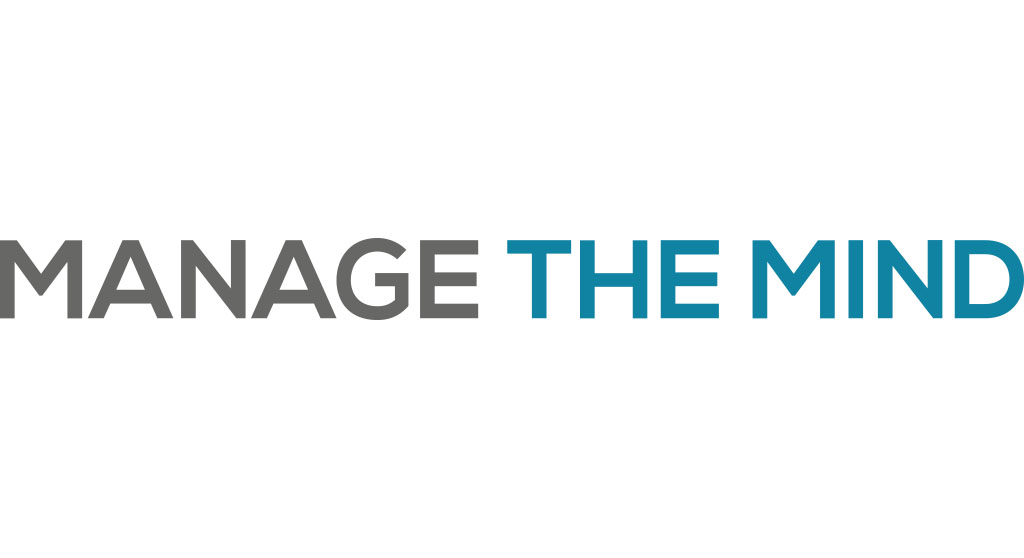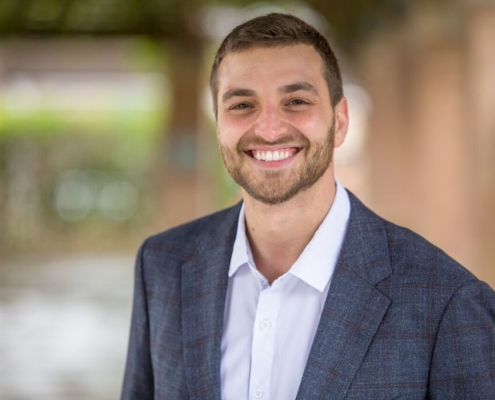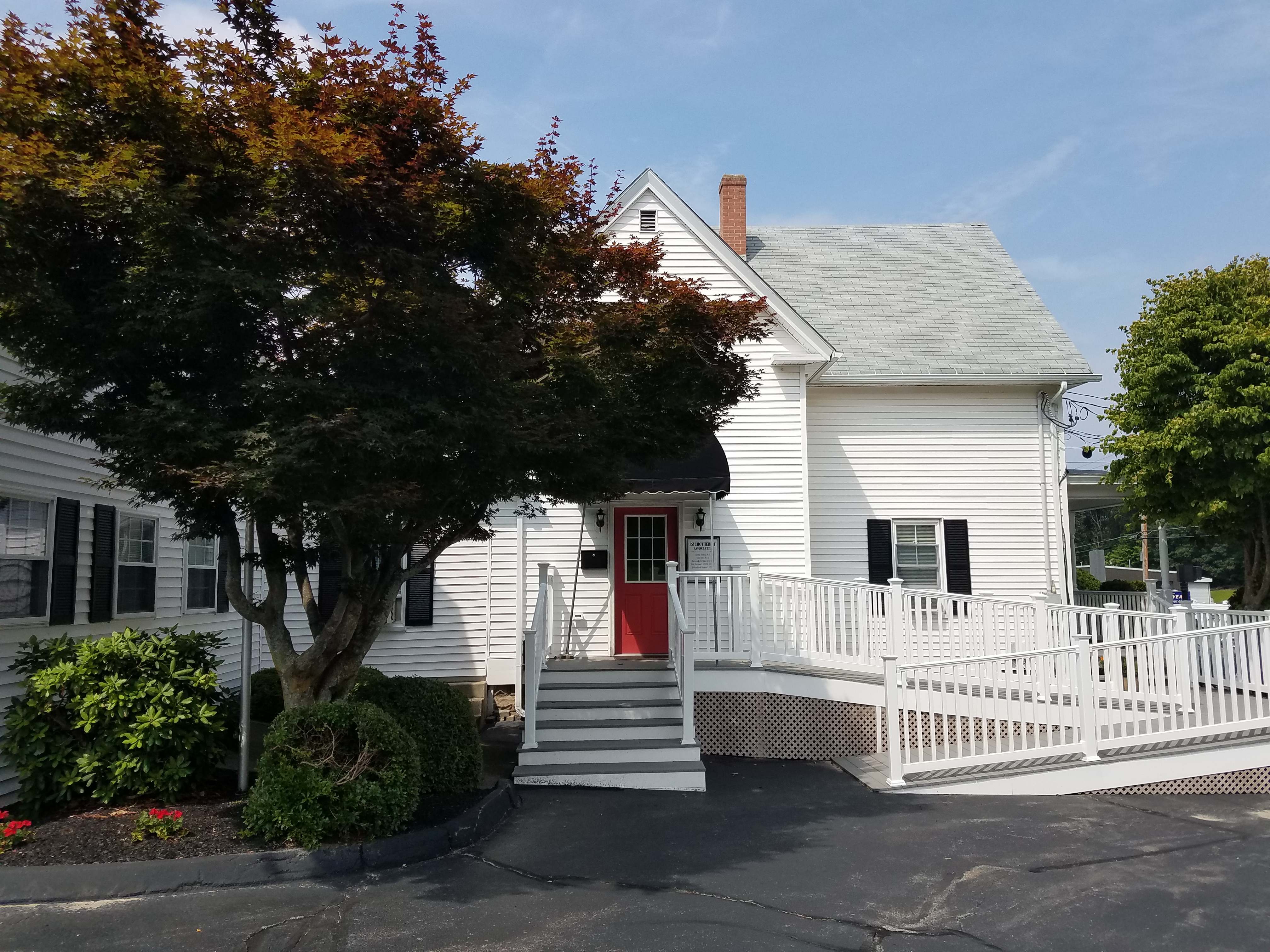A few thoughts
I think we’ll look back on these days in the future and wonder why we didn’t talk more about emotional health and ways that we can manage what we face.
No one really gave us any information about how to process our emotions, despite it being one of the most important skills we can learn in order to handle our lives differently.
There aren’t many courses focused around finding out our needs or how to meet them.
It’s so valuable to start the conversation about what we can do to help shape our moment to moment experience as well as set ourselves up well for the future.
Therapy is a journey, but it’s a valuable experience. I hope to meet you soon.
What’s your approach to therapy?
I believe that blending the science behind good mental health therapy with a compassionate atmosphere is the best way to grow. In therapy I balance curious, nonjudgmental listening with a variety of research-based approaches that allow people to better manage their thoughts, emotions, and actions.
I try to approach therapy by infusing solid philosophy with practical tools, not solving any issues for you, but helping you to manage them. Leaving with tangible skills gives each person lasting, valuable tools so that they walk away confident in handling their next challenges.
What can we work on?
- Developing techniques that work in managing thoughts, emotions, and behaviors.
- Building strengths and resilience
- Deepening your relationships
- Developing more self-awareness
- Living by your own values
- Creating new habits
- Enhancing motivation and finding meaningful life directions
- Developing and enforcing boundaries
- Practicing self-acceptance and self-compassion
What experience do you have?
Cognitive Behavioral Therapy for adults
I received my undergraduate degree at Trinity University in San Antonio, Texas. There, I helped teach and conduct research in positive psychology and social psychology. I moved on to receive my Master’s degree, specializing in Cognitive Behavioral Therapy (CBT) at Assumption College. CBT is an evidence-based, short-term, therapy that offers approaches to alter unhelpful thought or behavioral patterns
Dialectical Behavioral Therapy for young adults
After graduating with a specialization in CBT, I worked for the Bridge of Central Massachusetts and was intensively trained in Dialectical Behavioral Therapy (DBT) where I gained experience working individually with adults, running DBT skills groups, and participating in weekly DBT consultations. Dialectical Behavioral Therapy helps people learn strategies for emotion regulation, distress tolerance, interpersonal effectiveness, and mindfulness.
Family Therapy in the Community
Following my time there, I started working with families in the community through the Bridge Continuum program, conducting in-home family therapy focused primarily with adolescents. This time allowed me to develop skill with couples, adolescents, parenting, and family systems. Although my foundation for therapy is from Cognitive Behavioral Therapy and Dialectical Behavioral Therapy, I’ve since branched out to draw upon other evidence-based principles incorporating aspects of Acceptance and Commitment Therapy (ACT), Motivational Interviewing, Somatic Experiencing, and Mindful Self-Compassion.
Phone
Phone : 978-537-1835 x5
Fax : 978-840-1127
Gil@managethemind.com
Address
Psychotherapy Associates
Leominster, MA


